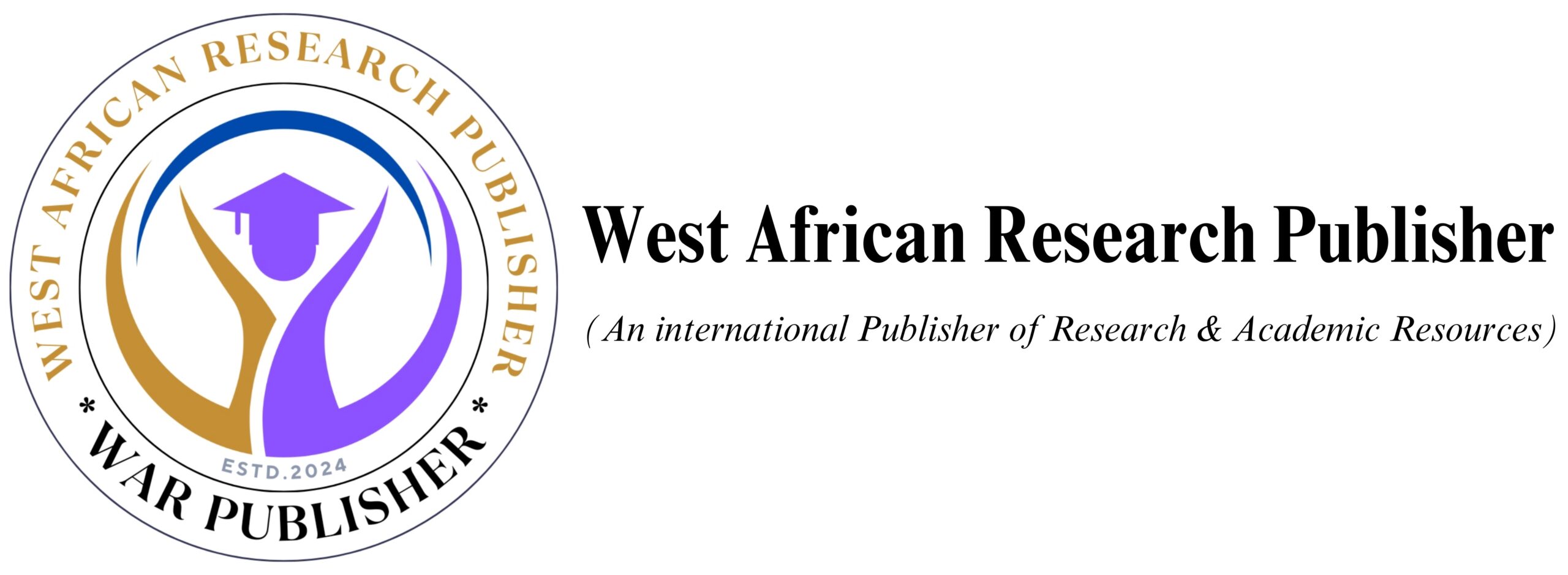Editorial Policies for Prospective Editors at WAR Publisher
At WAR Publisher, we are dedicated to maintaining high standards of quality and integrity in our publications. If you are interested in joining our team as an editor, please review the following editorial policies:
1. Editorial Independence
- As an editor, you will operate independently, making decisions based on the quality, originality, and relevance of manuscripts. Your judgments should be free from external influences.
2. Commitment to Quality
- Editors are expected to uphold rigorous standards for scholarly quality. This includes ensuring that manuscripts are methodologically sound, ethically conducted, and contribute meaningfully to the field.
3. Fair and Impartial Review
- Editors must manage the peer review process fairly and impartially. This includes selecting appropriate reviewers, ensuring they provide constructive feedback, and maintaining a balanced approach to all submissions.
4. Confidentiality
- All editorial activities, including manuscript details and reviewer comments, must be treated with strict confidentiality. Editors should not disclose any information about a manuscript or its authors without proper authorization.
5. Conflict of Interest
- Editors must disclose any potential conflicts of interest related to the manuscripts they handle. If a conflict arises, it is essential to recuse oneself from the editorial decision-making process for that manuscript.
6. Ethical Standards
- Editors must ensure that all submitted research adheres to ethical guidelines, including obtaining necessary approvals for studies involving human or animal subjects. Familiarity with relevant ethical standards is essential.
7. Corrections and Retractions
- Editors are responsible for addressing issues related to published works, including issuing corrections or retractions as necessary when ethical breaches or significant errors are identified.
8. Continuous Professional Development
- Editors are encouraged to engage in ongoing professional development to stay informed about advancements in their field, editorial practices, and ethical standards in publishing.
9. Communication with Authors and Reviewers
- Effective communication is crucial. Editors should provide clear feedback to authors, facilitate constructive dialogue, and maintain respectful relationships with reviewers throughout the process.
10. Support for Open Access Principles
- Editors should promote the principles of open access, ensuring that published research is freely accessible to enhance visibility and engagement in the academic community.

